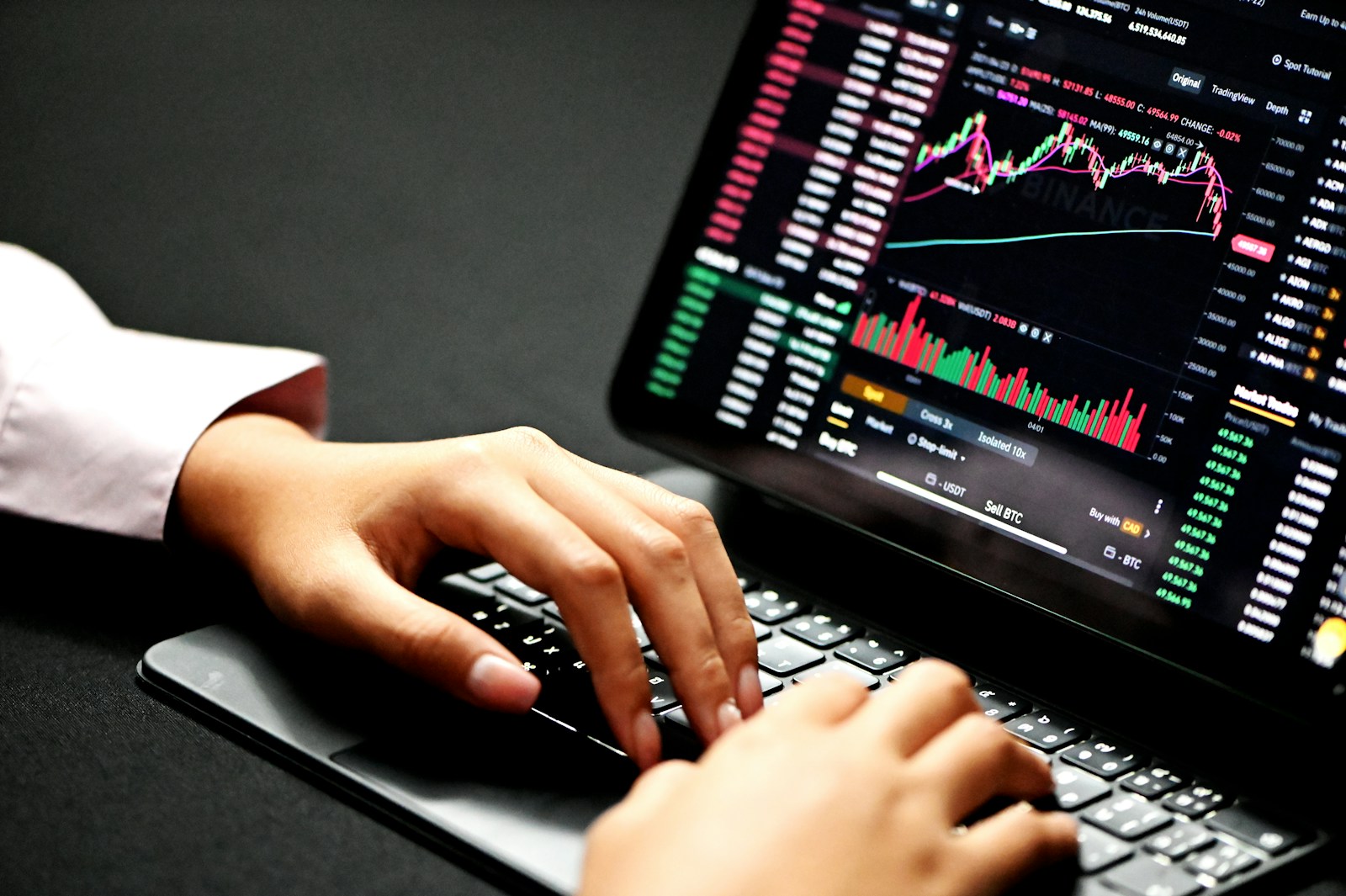In trading, success isn't just about executing profitable trades; it’s about learning from every trading decision, win or lose. One of the most overlooked yet crucial aspects of a successful trading journey is the evaluation and review process. Traders who regularly assess their trades develop a deeper understanding of their strengths, weaknesses, and emotional tendencies, ultimately leading to improved performance and psychological resilience.
Why Evaluation and Review Matter
1. Identifying Patterns
Regular review helps you spot patterns in both your trading performance and psychological behavior. You might discover that your best trades happen when you're calm and focused or that losses occur when you deviate from your trading plan.
2. Building Confidence
Reviewing successful trades reinforces positive behavior and builds confidence. It reminds you that you are capable of making good trading decisions.
3. Addressing Emotional Biases
Evaluation allows you to pinpoint emotional triggers that lead to poor decisions, such as fear, greed, or frustration.
4. Improving Strategy
By analyzing your trades, you can refine your trading strategy, optimize entry and exit points, and better manage risk.
5. Accountability and Discipline
A structured review process keeps you accountable and disciplined, essential traits for long-term trading success.
Key Elements of an Effective Review Process
1. Trade Performance Analysis
- Review entry and exit points.
- Analyze the reasoning behind each trade.
- Compare the trade outcome with your initial expectations.
2. Emotional and Psychological Assessment
- What emotions did you experience during the trade?
- Did you follow your trading plan, or were you influenced by fear or greed?
- How did you handle market volatility?
3. Risk Management Evaluation
- Assess your position sizing and stop-loss levels.
- Were you over-leveraged or overly cautious?
4. Strategy Assessment
- Did your strategy perform as expected?
- What market conditions affected the trade?
- Is your strategy still valid for current market conditions?
5. Journal Keeping
Maintain a detailed trading journal that includes:
- Date and time of trade
- Market conditions
- Entry and exit points
- Emotional state
- Trade outcome
- Lessons learned
Psychological Benefits of Reviewing Trades
1. Emotional Detachment
Reviewing trades objectively helps you detach emotionally from individual outcomes, reducing anxiety and frustration.
2. Growth Mindset Development
A focus on learning rather than winning fosters a growth mindset, essential for long-term success.
3. Increased Self-Awareness
Understanding your psychological tendencies allows you to make more conscious and rational trading decisions.
4. Resilience Building
By learning from mistakes and setbacks, you become more resilient to future challenges.
Common Psychological Pitfalls and How to Overcome Them
1. Avoiding Reviews After Losses
Traders often avoid reviewing trades after significant losses due to fear or embarrassment.
Solution: Remember that mistakes are valuable learning opportunities. Approach reviews with curiosity rather than judgment.
2. Focusing Only on Profitable Trades
Evaluating only successful trades can create a skewed understanding of your trading performance.
Solution: Analyze both winning and losing trades to gain a balanced perspective.
3. Blaming External Factors
It's easy to blame market conditions for losses instead of taking responsibility.
Solution: Focus on what you can control, such as your strategy and decision-making process.
Tips for an Effective Evaluation Process
- Schedule Regular Reviews: Set aside time weekly or monthly to review your trades.
- Be Honest: Avoid sugarcoating mistakes. Honest self-assessment leads to growth.
- Track Progress Over Time: Look for long-term trends in your performance and behavior.
- Seek Feedback: Consider discussing your trades with a mentor or trading community for objective insights.
Conclusion
The evaluation and review process is a vital component of successful trading. By regularly analyzing your trades and psychological responses, you can refine your strategy, improve decision-making, and build emotional resilience.
Remember, trading is a journey of continuous learning. Embrace the evaluation process as an opportunity to grow and evolve as a trader, turning every experience—whether a win or a loss—into a stepping stone toward long-term success.









